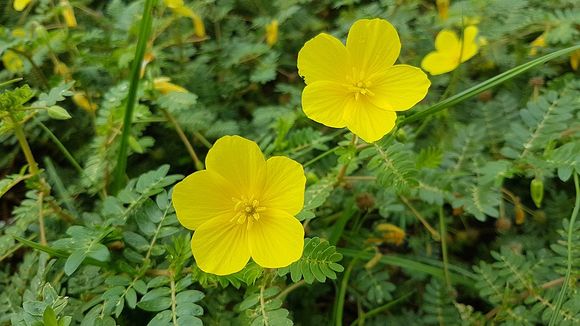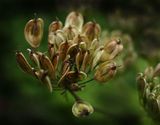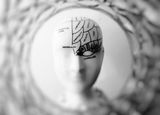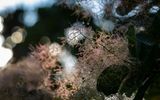Author: Rositsa Tashkova, Master of Molecular Biology and Microbiology
Tribulus terrestris has many names - goat's-head, bindii, bullhead, burra gokharu, bhakhdi, caltrop, small caltrops, cat's-head, devil's eyelashes, devil's-thorn, devil's-weed, puncture vine, and tackweed. It has traditional use in the Balkan countries and in Asia (especially China and India).
It is attributed a variety of healing properties - some of them recognized and others rejected by science. Here we will focus on both.
Over the past few decades, Ttribulus terrestris has been the subject of extensive research. It has been found that the herb has the following effects or at least potential for them, some of which we will discuss in the article:
- Diuretic (increases urine output),
- Aphrodisiac (enhances libido and sexual desire),
- Antiurolytic (against the formation of kidney stones),
- Immunomodulatory,
- Antidiabetic,
- Hypolypidemic (lowers triglyceride blood levels),
- Cardiotonic (helps the heart function properly),
- Hepatoprotective (protection of the liver),
- Anti-inflammatory
- Analgesic (relieves pain),
- Antispasmodic (relieves cramps),
- Anticancer,
- Antibacterial
- Against parasitic worms,
- Antikaryogenous (anti-caries).
Puncture vine contains saponins, flavonoids, glycosides, alkaloids and tannins. According to data from scientific literature, the composition of the saponins and their contents in the herb differ depending on the geographical region in which it grows. [ref.1]
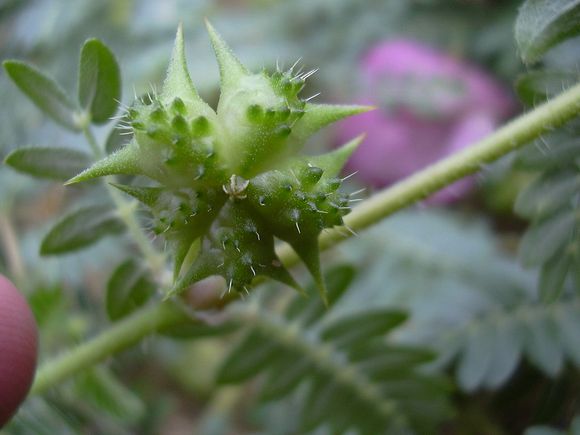
Tribulus terrestris has diuretic action
The diuretic action of the herb makes it useful for lowering blood pressure. This is due to the large amounts of nitrates and essential oil present in the fruits and seeds of the herb.
In one study, it was found that the herb affects smooth muscles and, combined with the diuretic effect, can help to propel stones out from the urinary system. [ref.2]
Antiurolytic properties of the herb - helps against the formation of kidney stones
There is evidence that Tribulus terrestris can prevent the formation of calcium oxalate kidney stones. This is due to the ability of quercetin and kempferol in the herb to suppress the enzyme that is responsible for the formation of oxalates - glycolate oxidase. [ref.3]
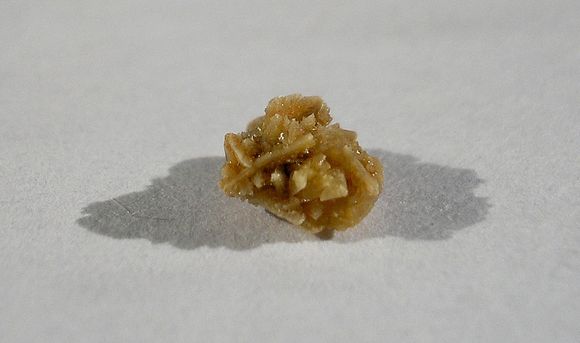
It's an aphrodisiac - increases libido, but not testosterone
According to some studies, the herb Tribulus terrestris can increase sexual desire in men and women after taking it for about 3 months.
This is not due to an increase in testosterone levels, as claimed in commercials, since the herb does not have such effect in humans, but only in some animals. [ref.4]
It may help for blood sugar and cholesterol control
Several studies in animals and one in people suffering from type 2 diabetes [ref.6] have shown that tribulus terrestris may lower blood glucose levels.
In animals, it has been found that the herb can also lower cholesterol levels.
More research on these effects is needed before a definitive conclusion can be drawn.
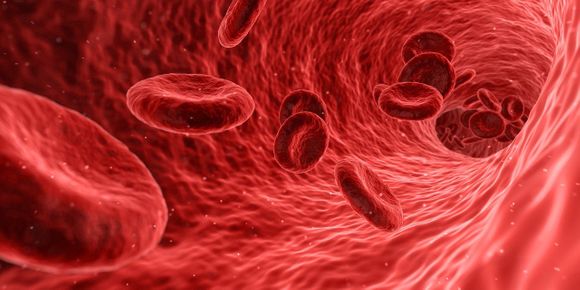
May help against atherosclerosis
Research gives hope that in the future the herb may find application in the fight against atherosclerosis, suppressing inflammatory processes underlying the disease. [ref.7]
Read more in the article "
Tribulus terrestris has antibacterial properties
It was found that the herb Tribulus terrestris that grew and was picked in different regions, indicates different antibacterial activity. Thus, stems, leaves and roots of Turkish and Iranian puncture vine show antibacterial activity against Enterococcus faecalis, Staphylococcus aureus, Escherichia coli and Pseudomonas aeruginosa, unlike the aerial parts of the herb harvested in Yemen, which have not shown antibacterial activity against these bacteria, while only the fruits and leaves of Tribulus terrestris from India have been active exclusively against E. coli and S. aureus. [ref.10]
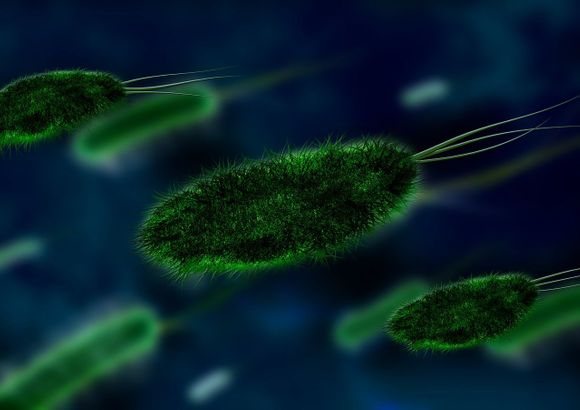
Anti-cancer properties of the herb
In one study in mice, aqueous Tribulus terrestris extract showed clinical therapeutic effects against liver cancer cells. [ref.11]
Another study in mice found that aqueous extract from the root of the herb exerts significant radioprotection when taken for seven consecutive days before gamma irradiation. [ref.12]
What the herb does not help for according to science
Despite various claims about the benefits of the herb Tribulus terrestris, scientific studies do not find confirmation of each of them. So what are some proclaimed properties of the herb that science finds no evidence for?
The herb does not increase testosterone levels
This is confirmed by an overview covering 12 separate studies on the subject. [ref.5] The authors of the review write:
"The analysis of phytochemical and pharmacological studies in humans and animals reveals an important role of the herb Tribulus terrestris in the treatment of erectile dysfunction and problems with sexual desire; but empirical evidence to support the hypothesis that these desired effects are due to the properties of the herb to increase androgens (testosterone) are at best inconclusive and (...) this hypothesis is wrong."
Or in other words - the herb actually has the ability to boost libido and help with erectile dysfunction, but this does not happen due to increasing of testosterone levels. Other mechanisms that still remain poorly studied are at play.
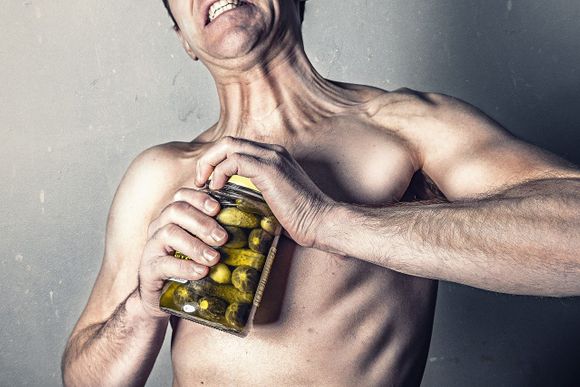
Doesn't help for physical endurance & body composition
Despite what is claimed about Tribulus terrestris, this herb has no effect on our endurance in the gym, nor on the results of workouts. As we said, the plant does not increase testosterone, and it is this effect that people who train hard rely on and resort to the herb for help.
Two studies have been conducted on professional athletes who take the supplement for 5 or 8 weeks, combined with enhanced workouts.
Both found no difference in body strength, endurance or structure between the group that took the herb and the control group, which received a placebo. [ref.8, ref.9]
The herb Tribulus terrestris deservedly attracts great scientific interest in recent years and it is only a matter of time before the health benefits, but also the contraindications, are established and confirmed.
